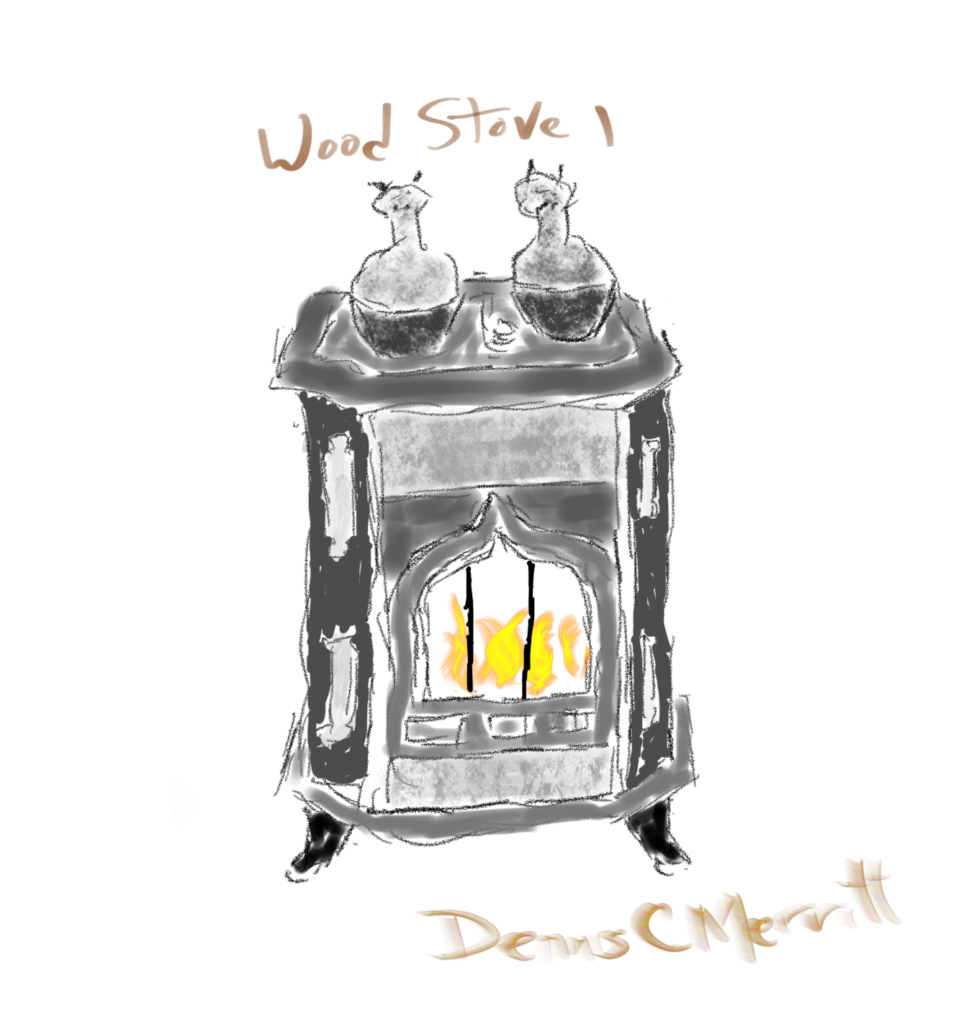My self selecting circle of Face Book friends are overwhelmingly against Trump. Many ask, how can anyone still support this guy?
I, personally, don’t like him. But I like to try to understand different points of view. I have some sympathies with conservative political views, and the few Trump supporters I know are not xenophobic neo-Nazis, but intelligent reasonable people.
So this is me attempting to explain how I think Trump supporters might think, and why they can continue to support him, to the tune of around 40% of our country.
More than anything else, I’d say a Trump supporter, like many others, is sickened by the way our politicians all seem to be bought, how government does not work for us. Every time he did something that pissed off the career politicians, I’d say Yay Trump!
Trump supporters are probably on the conservative side of the spectrum. Not necessarily evil gay bashing, white supremacist conservatives, but people who would prefer a government that supports personal freedoms, is smaller rather than bigger government and one that is fiscally responsible.
Such a person would have for years been offended by the liberal bias in the main stream media. (And it’s real, I have some conservative roots and the bias can be really annoying.) So they would get their news from Fox News, which, like the other main stream media, is NOT fake news, but news, like the other main stream media, presented with the unavoidable bias of it’s owners.
Every time Trump did something that got the liberal media all up in arms, I’d say Yay Trump!
A Trump supporter might very well hate the ACA. (He might call it ObamaCare, but Obama wanted either national health, or totally individual free markets. Instead he got Congress’ terrible kludge that kept the insurance companies happy.)
The basic facts of this issue are simple. If we want to subsidize the cost of insurance for those who can’t afford it, then someone else has to pay for it.
The Trump supporter might very well be one of those people. A healthy young person working in the building trades, just barely making ends meet, deciding not to buy health insurance, and then being forced to so others could buy it? That would burn my ass too. (I don’t care though, I’ve got Medicare, shouldn’t everyone?)
The Trump supporter might have a growing small business. A lawn business that’s getting close to 50 employees, but can’t grow his business because if he gets 50 he’ll have to become an expert in, not only lawn care, but health care benefits. And incur the added costs. That would frustrate me too.
So, when Trump says he’s going to kill ObamaCare, I’d say Yay Trump!
When Congress wasn’t able to kill ObamaCare, see first paragraph on disdain for government, I’d be really frustrated with our government, so when he decides to dismantle it himself, I’d say Yay Trump!
A Trump supporter might like to see a healthy environment, but might very well think things have gone too far. Spotted owls? Fairy shrimp? Stopping real work from getting done? The kind of work those who work with their hands outdoors do? Every time Trump rolled back some of those ridiculous rules, I’d say Yay Trump!
A Trump supporter probably sees through the liberal’s constant idea that all these benefits we want to give people will be free, because we’ll tax the corporations. The Trump supporter might very well realize that if government adds an expense to a corporation, the corporation will still follow it’s soulless economic algorithm of ensuring income exceeds expense by a certain percent, and compensate for the added expense by either increasing the price of products, or cutting jobs and or salaries.
Taxing corporations is really just a way to tax the people without them seeing it, making the corporation work as tax collector.
The Trump supporter, a working person, probably realizes that everyone’s financial situation is either directly or indirectly dependent on the wealth created by corporations.
So every time Trump loosened a restriction on corporations, I’d say Yay Trump!
Depending on where they live, Trump supporters might have watched their neighborhoods change over the years. They might not be the xenophobes they’re painted out to be, but might feel that there’s more and more Spanish being spoken. Well some immigrants are OK, but we have laws to control our growth through immigration, and all those people just flaunting the rules, sneaking into the country, and then being catered to by the liberals?
Every time Trump clamped down on illegal immigrants, I’d say Yay Trump!
Internationally, a Trump supporter might think that our government has gone out of it’s way with foreign aid, and special trade deals, and would see more and more work moving to cheap labor markets and be really tired of having taxes pay to benefit countries other than our own. Why do we have to give up so much for, say the Paris Climate Accord?
Getting out of it? Yay Trump!
And what about what’s happening on college campuses, the ridiculous extremes of political correctness? Dis that stuff? Yay Trump!
And Football! Come on, this is the Trump supporters place to get away from all the issues above, to get away from the divisive politics of our country, to get away from the non-stop news of, say police killing black people. And now some athletes want to bring politics into this one sacred place, to use it for some more of the consciousness raising bullshit that the liberal media tries to force feed us all the time?
Call them out on it. Yay Trump! Oh and is the liberal media having a cow over it? Double Yay Trump!
But for me? I can’t stand the guy. I simply don’t like his personality, the way he does business. But more than anything else I hate how he’s taken all of the issues above, political issues that reasonable people could discuss, and used them to tear the country apart. I’d like to see dialog on these issues, how to fix health care? How much environmental regulation?
But every time he drives another wedge… Boo Trump!










